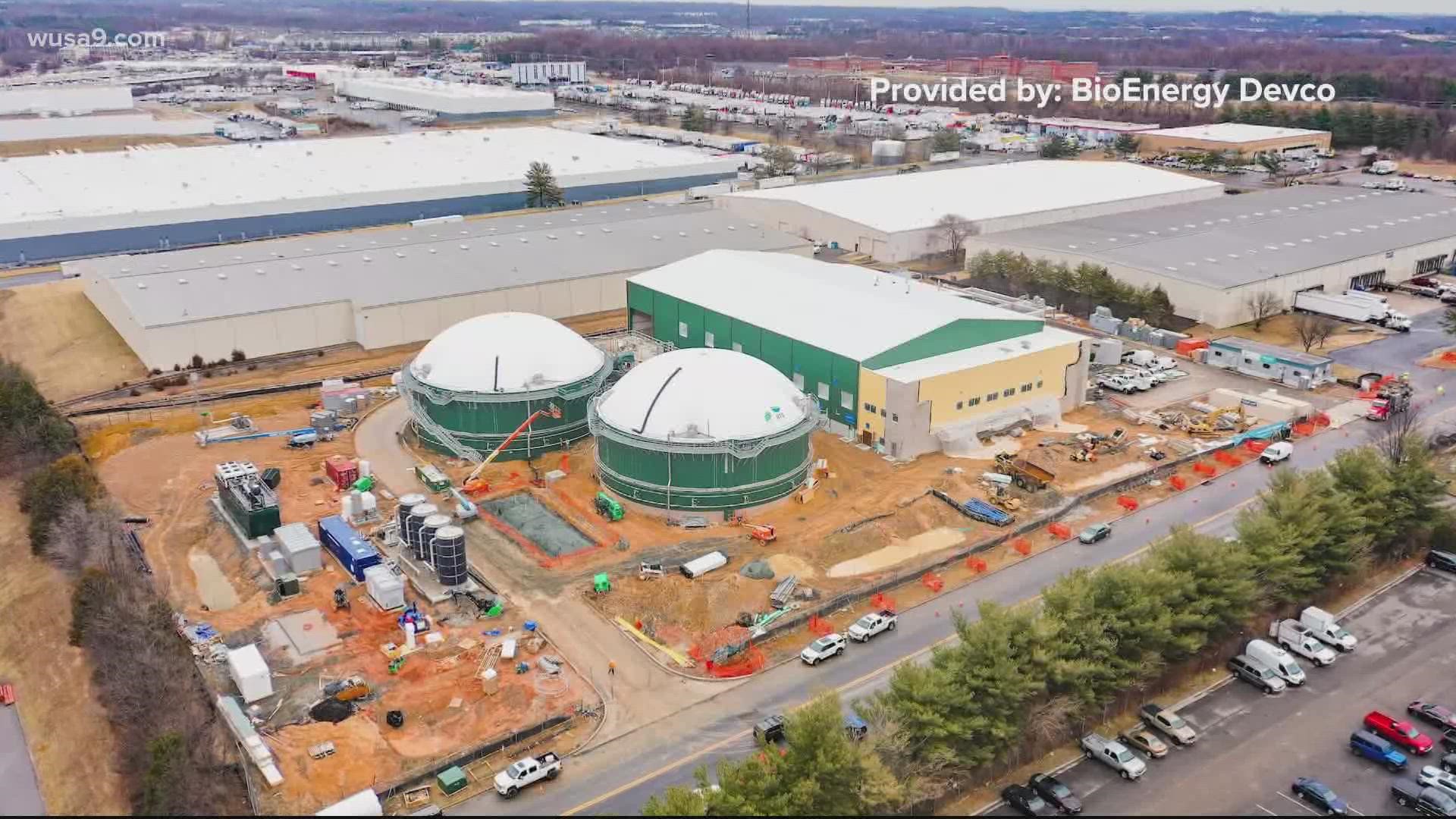WASHINGTON — For years, some D.C. residents have been calling on District government to create a curbside composting program. Now, that green initiative is one step closer to becoming a reality.
Last week, the DC Council’s Committee on Transportation and the Environment released its draft Fiscal Year 2023 Committee Budget Report.
In the report, the committee suggested allocating more than $4.4 million to the DC Department of Public Works to create a curbside composting pilot program for 10,000 households in the District.
The committee’s report, which was developed after several months of hearings and meetings, claims the pilot project could provide a model for the launch of a universal curbside composting program in the near future.
“Making composting accessible to residents across the District is the single most meaningful step the District can take toward meeting its Zero Waste goals,” the committee report reads. “Organic waste, which includes food and yard waste, makes up roughly a third of the District’s waste stream.”
According to the committee, D.C. creates anywhere from 167,000 to 235,000 tons of organic material every year, but most of it either typically ends up in a landfill or incinerated.
“Food waste comprises as much as 30% of the city's residential waste and, when landfilled, produces large amounts of methane, a powerful greenhouse gas, which contributes greatly to climate change,” said DC DPW Interim Director Michael Carter.
During the transportation committee's mark-up meeting, chair and DC Councilmember Mary Cheh said she was excited to see a pilot curbside composting program come to life.
"For years the committee has decried the lack of progress the District has made on Districtwide curbside composting. DPW now has identified capacity in the region, and the next step is piloting a composting program," she said. "The provided funding will cover everything necessary to launch the pilot, including providing containers, caddies and compostable bags to participants."
Carter also said a composting program would help achieve DC Mayor Muriel Bowser zero waste goals.
“A successful curbside organics collection pilot will allow the city to consider wider adoption, which could unlock as much as 30,000 tons per year of food waste to be composted or anaerobically digested, which would increase the city's solid waste diversion rate and reduce the city's carbon footprint,” he said.
Ward 6 resident Mark Sussman previously testified before members of the DC Council for the implementation of a composting program in the District in February.
“It's just a great way of diverting food waste from the landfill,” Sussman said. “So, yeah, I’m very much a proponent of that.”
He said anywhere from 30% to 40% of his trash waste now goes to his compost instead of a landfill, which comes with additional benefits in his household.
“Oftentimes, trash will smell bad because food is commingled with other non-recyclable trash,” he said. “So, you end up with a constantly smelly trashcan. Whereas, if you have compost totally separate, the compost is now going to have an aroma. But you can put that bin outside or you put it in a specific place and it kind of separates all that out. You don't have leaky fluid in your regular trash bins.”
Sussman added he is optimistic the pilot curbside composting program will become a reality.
“It's a modest amount of money for starting up a brand new program,” he said. “That money is going to then save money for trash collection. So, it actually could be a net positive program for the city.”
The transportation committee approved its report, with the proposed pilot curbside composting program included, on April 21.
Now, it will go to the Council’s Office of the Budget Director, along with all other committee reports, to be combined into a single unified budget.
The entire DC Council will then review and approve the budget after that.
San Francisco, Portland, and Seattle are a few American cities that have already implemented curbside composting in their communities.
The City of Seattle’s municipal website states that its composting service is required for every home and business in Washington city.
“It's an important part of sorting your waste that helps the environment and cuts down on your waste costs,” the website reads.

